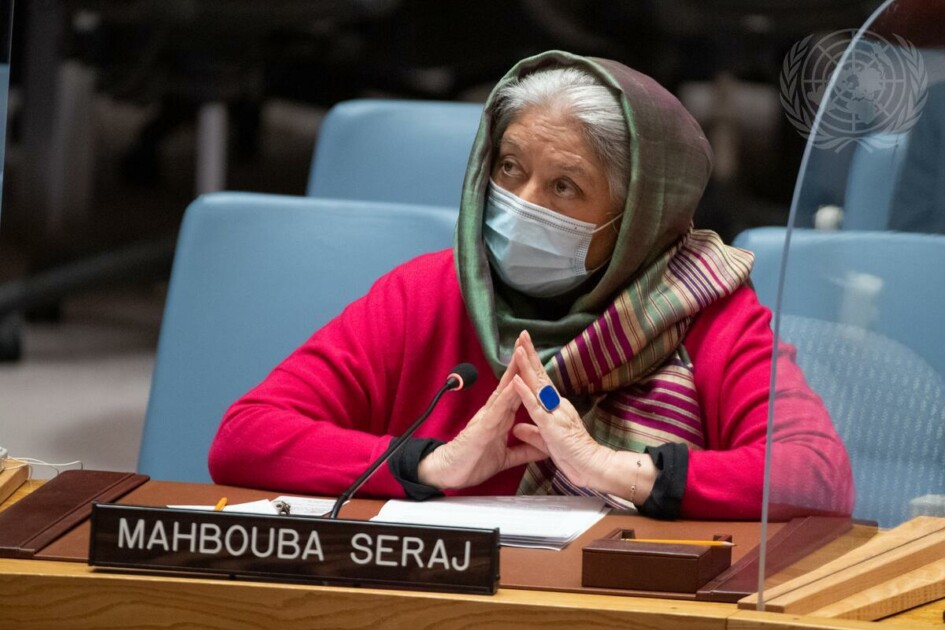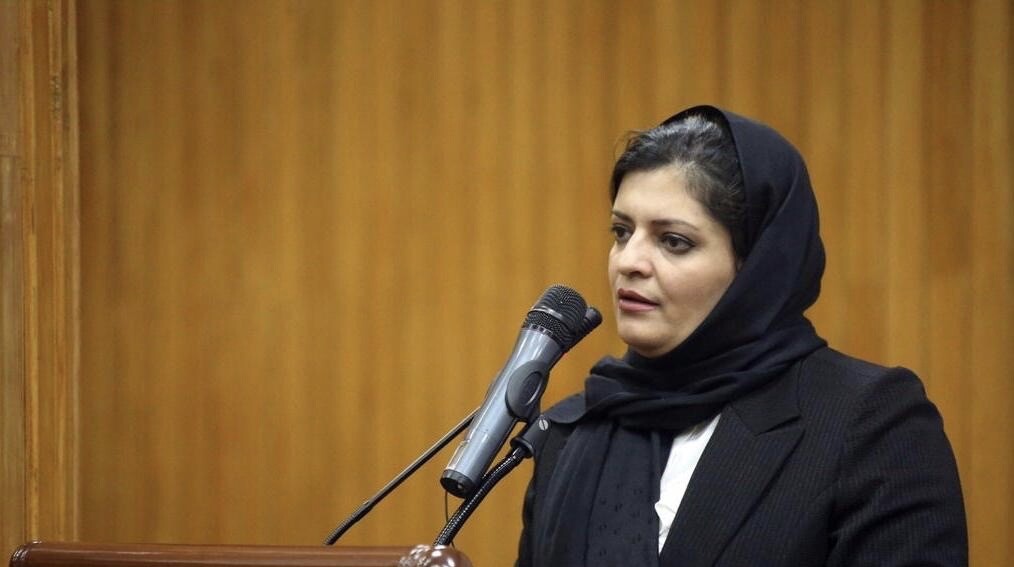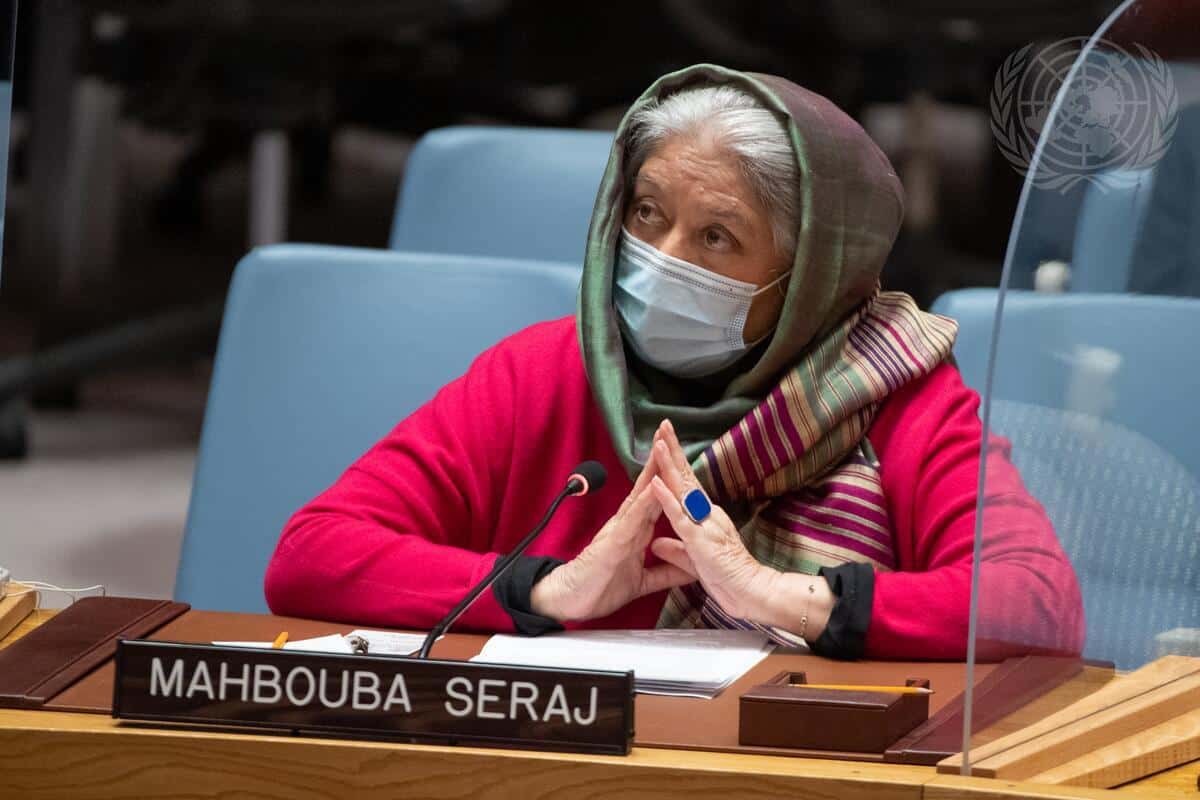Afghanistan
Afghanistan
Afghanistan has been engulfed in violent armed conflict since the fall of the Taliban regime in 2001, and efforts to build sustainable peace while preventing the re-establishment of extremist rule depend on the inclusion of women.
Living in the most dangerous place in the world to be a woman, as the Thomas Reuters Foundation revealed in 2011, Afghani women have emerged as leaders in the peace process— advocating constantly for more inclusive government, and inspiring marginalized groups nationwide to demand a place in the political system. Despite the important role that Afghani women play in bringing about social change in Afghanistan, many barriers to their involvement still exist.
Based on the work of NGOWG members and their partners, the NGOWG advocates for eliminating these barriers by encouraging UNAMA to support the Afghan government in fully implementing the National Action Plan on Women, Peace and Security (NAP), and ensuring women’s full and equal participation in regularly held elections.
Current and Past Recommendations to the UN Security Council (Monthly Action Points)
In the forthcoming report on the situation in Afghanistan, information on women, peace and security (WPS), and gender-sensitive conflict analysis should be mainstreamed across the entire report (S/RES/2543 (2020)). The Security Council should inquire about the progress of the UN Assistance Mission in Afghanistan (UNAMA) in providing technical expertise and supporting the establishment of clear procedures to engage with and ensure the leadership of diverse women, including women with disabilities, young women and displaced women, in all stages of peace negotiations; and structures established to facilitate or foster the peace process, conflict resolution efforts, ceasefires, and implementation and monitoring of any agreements (CEDAW/AFG/CO/1-2, Oxfam, WEI). There should be follow-up on the extent to which powerbrokers leading the peace process are taking concrete action to ensure the planning, process and outcome(s) reflect the expertise and priorities of diverse Afghan women, including preserving all constitutional protections for women’s rights as a priority. To create an environment conducive to the intra-Afghan dialogue, the Council should support the call of Afghan civil society for an immediate nationwide ceasefire. The Council should also request an update on UNAMA’s support to the government and civil society organizations (CSOs) in communicating with local leaders, communities, partners and media about the increased risk of domestic violence, particularly targeting women and girls with intellectual and psychosocial disabilities (WEI), resulting from the measures taken to address the COVID-19 pandemic. The Council must urgently address the continued attacks perpetrated against women human rights defenders, peacebuilders, journalists, intellectuals and media workers (HRW). In 2020 alone, 19 activists were killed (18 in targeted attacks) and three family members of human rights defenders (HRDs) were killed. These violent attacks seek to undermine HRDs’ tireless work for peace and human rights in Afghanistan and contribute to a climate of fear that undermines the peace process. They are occurring against a rapidly deteriorating security situation and stalled peace negotiations. Despite President Ghani’s authorization to create the Joint Commission for the Protection of Human Rights Defenders in December 2020, this commission is not operational, and the situation remains dire. The Council must focus on deterring further violence and ensuring an investigation of and accountability for violence, acting in full collaboration with HRDs and CSOs.
Relevant Resources










